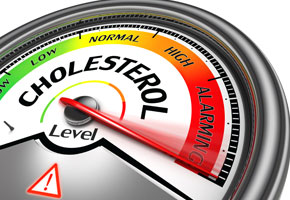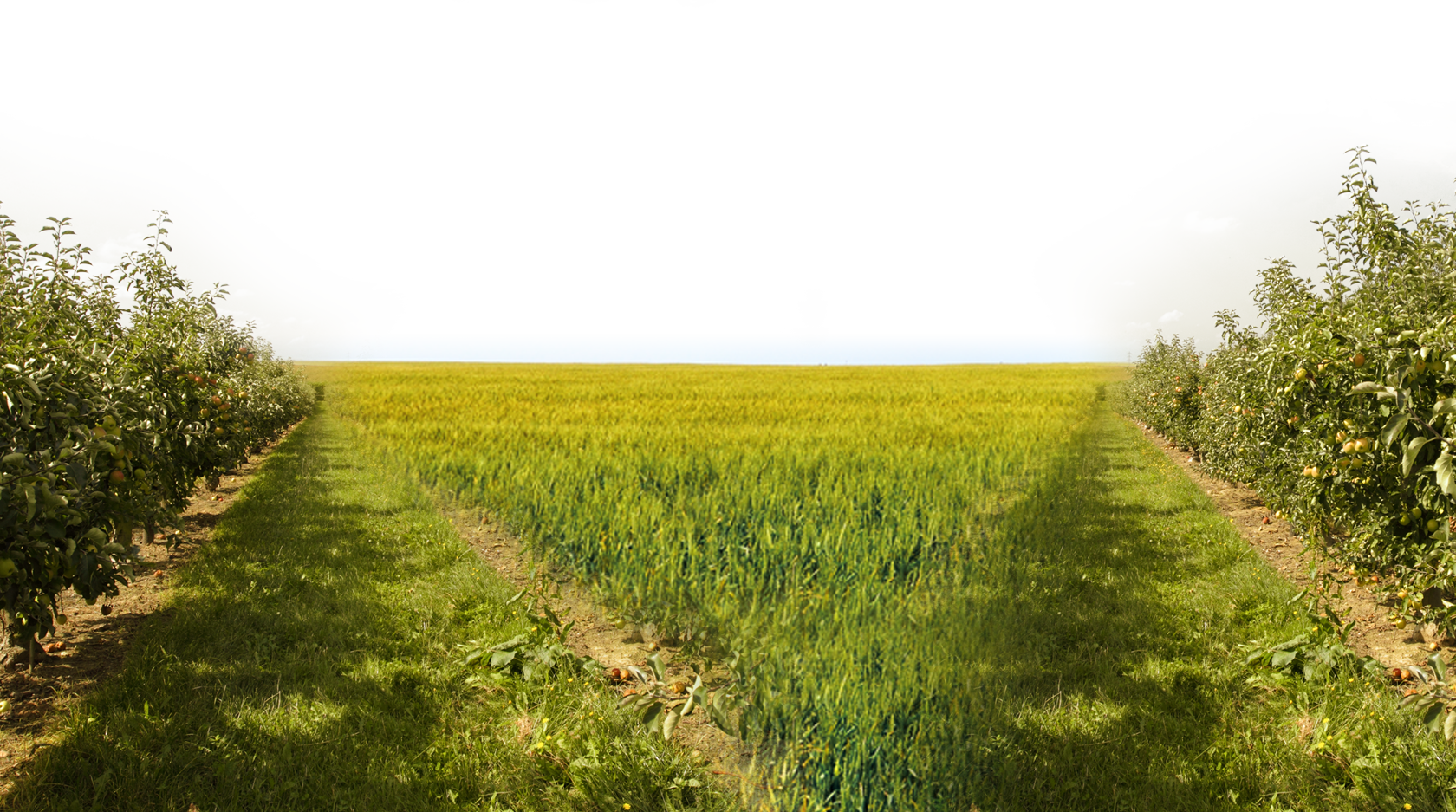
Lower your “Bad” Cholesterol with Plant Sterols!
By Dr. Daria | 0 Comments | Posted 11/19/2014
Plant sterols and plant stanols lower cholesterol, specifically, the “bad” kind. Plant Sterols? Plant Stanols? I know, you are probably thinking …. “What are we even talking about?” I’ll explain what they are and where to find them in a minute, but let’s start with the cholesterol piece.
When it comes to cholesterol, also called lipids, there are 2 basic kinds – good cholesterol, that is the HDL cholesterol … and bad cholesterol, the LDL cholesterol … plus several other bad ones that are measured in more detailed blood tests. Think of HDL as a vacuum cleaner for your body. The HDL moves throughout your bloodstream gathering up “bad” lipids and bringing them back to the liver so your body can process them for removal. You’ve heard that high levels of HDL are good, and that is true, with HDL, the higher, the better. LDL cholesterol is the major bad cholesterol that is measured. We all know someone who has a problem with high cholesterol, and we know that unhealthy cholesterol levels are associated with heart attacks and strokes!
Now, back to the plant sterols and plant stanols. Together, these are also called phytosterols. These are substances that are found in small amounts in grains, vegetables, fruits, legumes, nuts and seeds. Phytosterols have a chemical structure that is similar to cholesterol. The research shows that phytosterols work best when taken with meals, especially meals containing fat, and are equally helpful with people consuming a low or a high cholesterol diet. If you happen to be eating a meal that contains cholesterol … things like eggs, meats, cheeses … it also directly blocks some of the absorption of the cholesterol from those foods.
Because the effects of phytosterols is so predictable, and the ingesting of phytosterols is so safe, they have been used to fortify a variety of foods. The FDA gives certain products permission to have a heart health claim based on the addition of the phytosterols. That is why you find fortified “heart healthy” margarine, yogurt, bread, cheese and orange juice … to name just some of products available. The research shows that 2,000mg daily decreases LDL by about 12% on average. The typical average American gets about 250mg daily in their normal diet, and vegetarians get about 500mg daily.
If you have an issue with high “bad” cholesterol, adding plant sterols and stanols to your other dietary strategies, like eating oatmeal, eating beans or eating walnuts, can make good sense. With the phytosterols, it is difficult to get enough from foods without going too high on the calorie side of things. In my practice, the product that I recommend is Benecol Smart Chews. Each caramel flavored chew contains 400mg of phytosterols at only about 15 calories. It is not a perfect product as it is not completely natural … but I like it better than the other “fortified” food options …. and, at 24 cents per chew, it’s a good value. Although I like solving issues through diet first, I like the additional of phytosterols, even as a food supplement, much better than the addition of a drug to lower cholesterol!
Additional Resources:
Phytosterols in different foods
Plant sterols/stanols lower cholesterol
Phytosterols in Medical Practice


 Contact us
Contact us



























